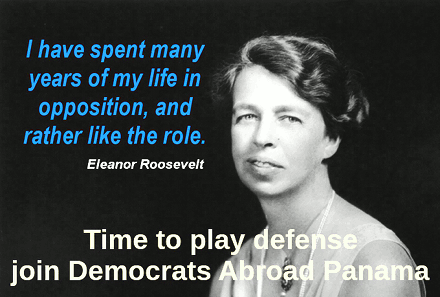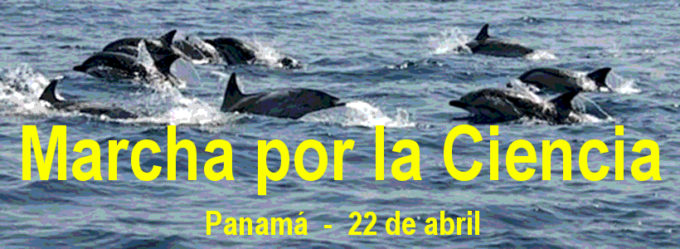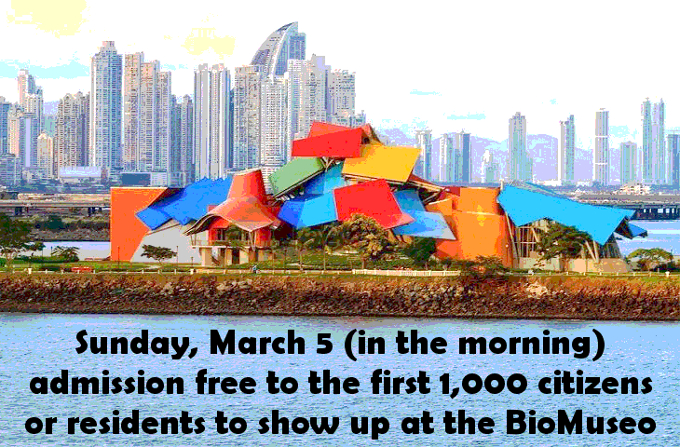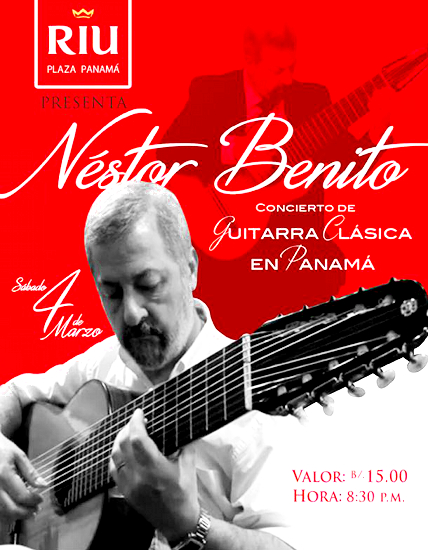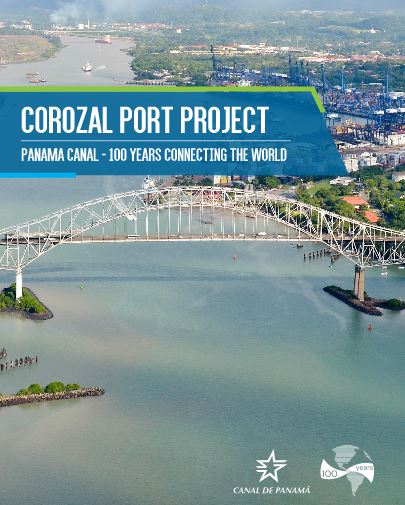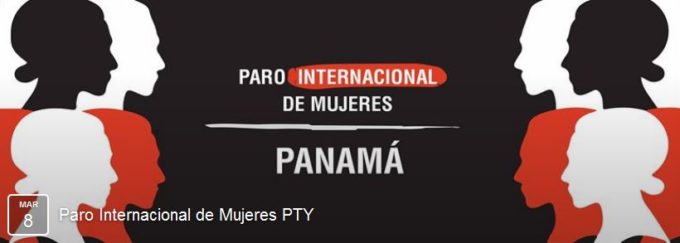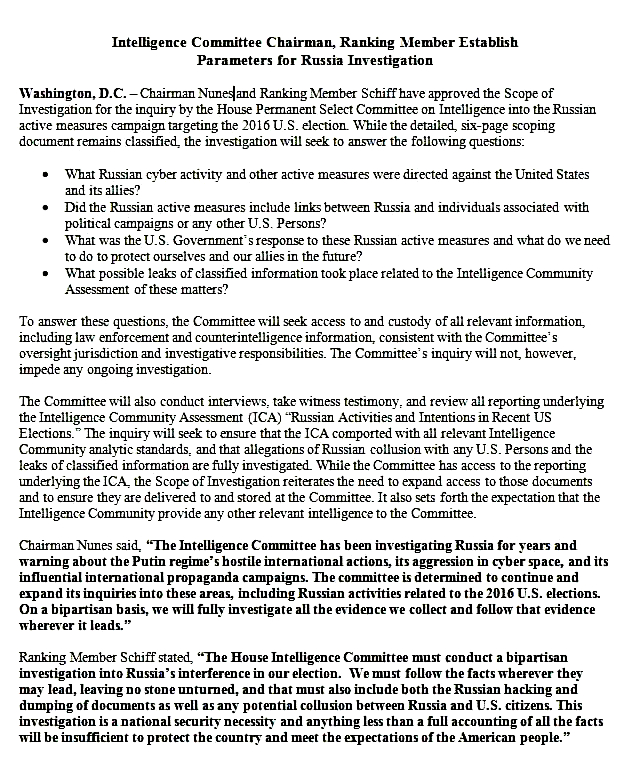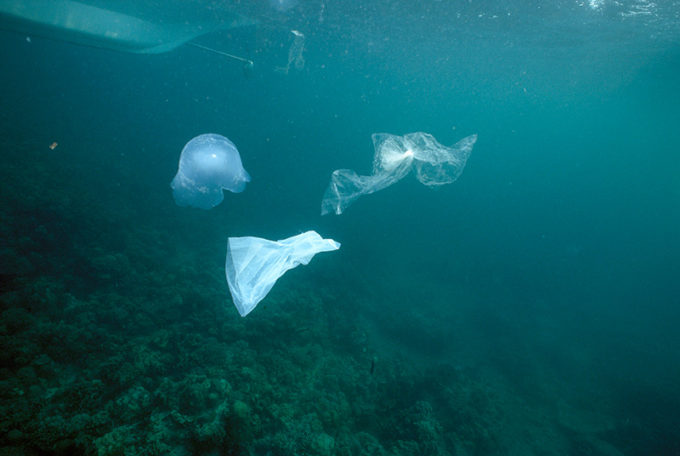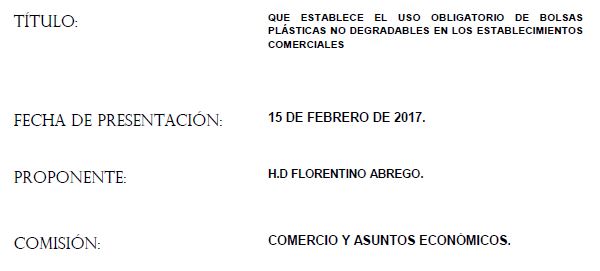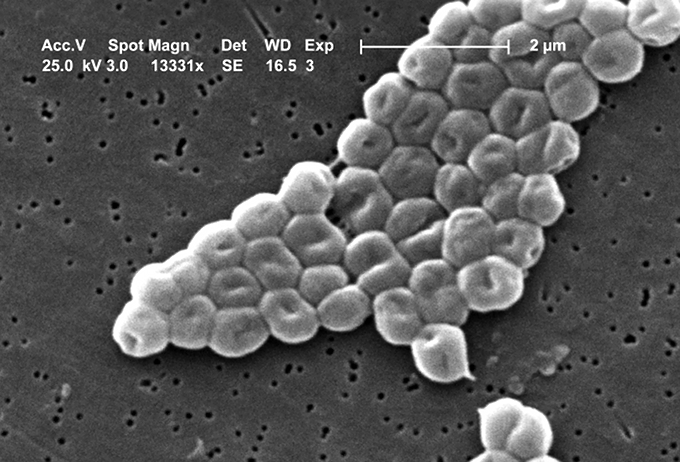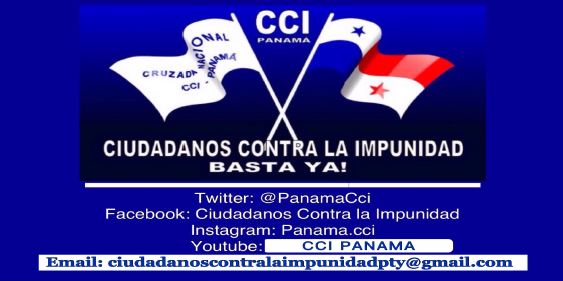
Carta abierta al rector
Doctor Eduardo Flores
Rector de la Universidad de Panamá
Ciudad Universitaria
Panamá, Republica de Panamá
E. S. D.
Respetado Sr. Rector
El Movimiento de Ciudadanos Contra la Impunidad (CCI), como es de su conocimiento, lleva a cabo, una serie de actividades ciudadanas, con el propósito de denunciar, combatir y repudiar la corrupción y la impunidad, que pretenden destruir a nuestra Patria.
Inicialmente, antes de dar vida a este Movimiento Cívico, nos dirigimos a Usted en su calidad de Rector de nuestra primera Casa de estudios, para que la Universidad de Panamá, tornara la bandera contra la corrupción y fuese Portaestandarte del sentir Nacional, por ser la llamada a jugar el papel relevante en la vida de nuestra Nación, tal como Ud. Manifestara durante su campaña para aspirar al alto cargo que hoy detenta y convocase la opinión del pueblo Panameño para que el escándalo de Odebrecht fuese debidamente denunciado e investigado y sus autores condenados de acuerdo a nuestro ordenamiento jurídico, sin dilaciones ni encubrimientos.
Su respuesta esquiva y negativa de entonces, nos sorprende hoy de sobremanera, al saber que Ud. está organizando un “Congreso Universitario “del 8 al 10 de marzo, exclusivamente para “discutir posibles cambios a la Ley Orgánica de la Universidad de Panamá”, especialmente lo relativo a garantizar su reelección en el cargo recién asumido.
La situación que vive nuestro país con motivo del Caso Odebrecht, no le es desconocida y, por ello, el CCI se pregunta qué motiva el que nuestra Universidad se abstenga de tener una activa participación en la organización de un permanente debate académico que aborde la discusión sobre la corrupción y la impunidad, de presencia rampante y ofensiva en el quehacer de la Republica, para que la juventud universitaria pueda ser instruida y vacunada contra estas nefastas prácticas.
Reiteramos nuestro llamado patriótico para que la Universidad vuelva a ser conciencia crítica y faro de luz de nuestros compatriotas y se avoque a la convocatoria de un Gran Debate Nacional en toda la sede central de nuestra capital, en todos sus Centros Regionales, en todas sus aulas, sobre el acontecer nacional con el decidido repudio público a las prácticas de corrupción e impunidad, tan en boga en nuestros días.
Ello sin duda alguna, es mucho más importante que la “reelección” de las recién electas autoridades universitarias.
Don Octavio Méndez Pereira, primer Rector de la Universidad, y antecesor suyo nos enseñó que:
Es uno de los imperativos de una Universidad Moderna, sentir y tratar de remediar las hondas conmociones que sacuden a la humanidad, abrir sus puertas y ventanas para echarse a la calle y renovar su ciencia con la vida, mezclar su cultura con las grandes inquietudes del mundo que la rodea, con los bajos fondos de la existencia colectiva.
y nosotros agregamos para que se haga la luz en la administración de Justicia en donde hoy rondan las Tinieblas de la impunidad.
En la seguridad que el Sr. Rector de la Universidad Nacional de Panamá, sabrá escuchar nuestro respetuoso llamado y por su conducto, a la conciencia colectiva universitaria orientada por la mejor intelectualidad y la Juventud de nuestro país; haciendo honor a los prohombres que le antecedieron en tan meritorio cargo.
Atentamente,
Dr. Alfredo Oranges Bustos
Coordinador CCI- Cedula 8-1121-942
~ ~ ~
Estos anuncios son interactivos. Toque en ellos para seguir a las páginas de web




 Isabel Pantoja. Foto por Carlos Delgado.
Isabel Pantoja. Foto por Carlos Delgado.

